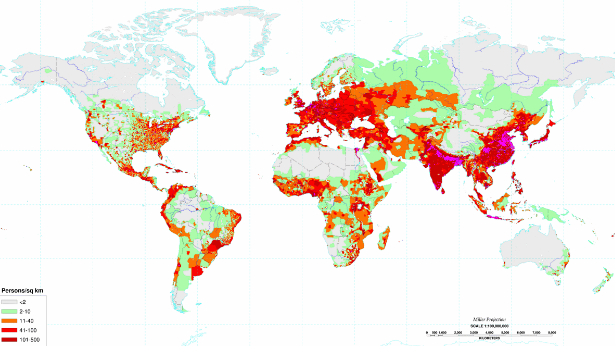Why do Humans and Animals Have Friends?

What’s the Latest Development?
Establishing and maintaining a network of friends is not simply about currying favor to aid in survival, contrary to what theories on evolutionary biology would suggest. A string of recent experiments that examine how humans and animals make and keep friends suggests that our alliances go deeper than tit-for-tat exchanges. Friendships in groups of sharks and dolphins, for example, demonstrate that behavior motivated by loyalty is capable of trumping simple reciprocity. In primates, one’s circle of friends also helps to determine an individual’s place in the social pecking order.
What’s the Big Idea?
Recent studies have challenged the simplistic notion than friendships are nothing more than mutually beneficial relationships which helped our ancestors survive harsh environmental elements. If friendships mirror political relationships, it seems that having similar cultural backgrounds is an important characteristic. “…despite the fact that the US traded with China over three times more than with the UK in 2006, the UK is far more likely to be described as a ‘friend’ of America. They suggest that if ‘friendships are like international alliances, then friendship will not be well-explained by exchanges of benefits.'”
Photo credit: Shutterstock.com





